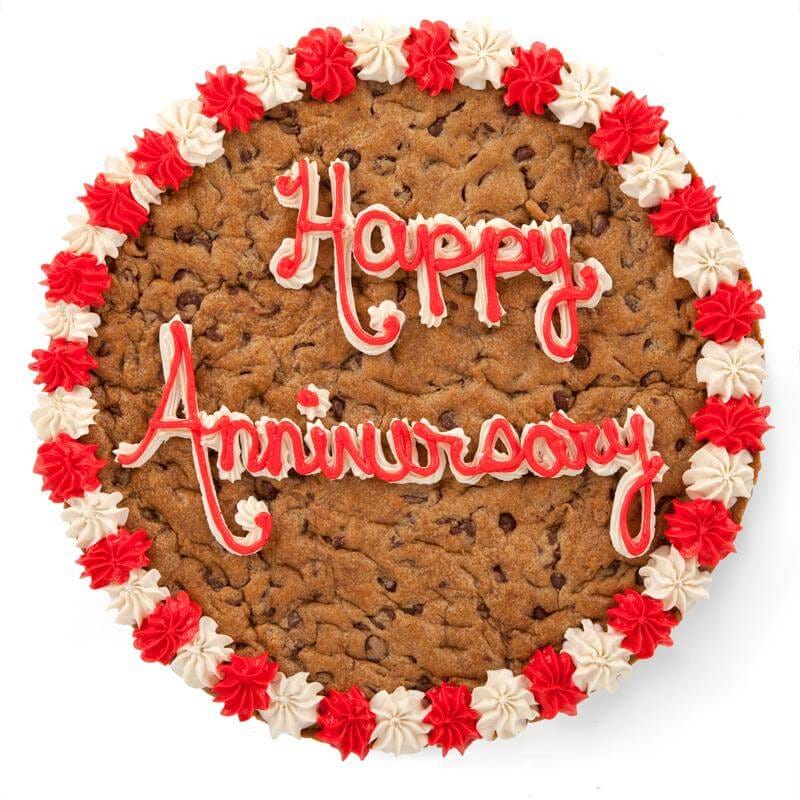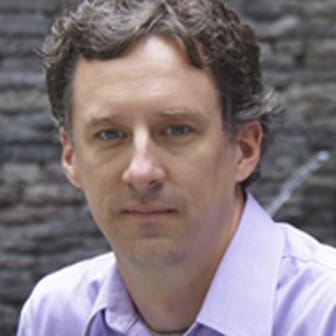March 12th was the 10 year anniversary of The Biblioracle running in the pages of the Chicago Tribune. It’s moved around a bit over the time, but every week (primarily on Sundays, and excepting a week or two), I’ve published 600 words and three reading recommendations in the paper I grew up reading.
And when I say I grew up reading it, that’s exactly what I mean. My bedroom was over the garage in my two-story colonial childhood home, and each day as I roused, I was comforted by the soft thwack of the newspaper hitting the driveway after being hurled from the delivery person’s car.
In fact, I was so dedicated to reading the paper before school that my mom wrote the number for the local circulation office near the phone (along with police and fire1) so I could call myself if a delivery had been missed.
If you told twelve-year-old me that I would be regularly publishing in the Chicago Tribune, twelve-year-old me would’ve been mighty impressed and assumed I’d become some kind of big shot.
Well…things change. I am reminded of this whenever I go looking for a link to a column in the Tribune online archives and see the picture of myself, taken by my wife, almost eleven years ago in a courtyard at a hotel in Quito, Ecuador. I don’t look like that anymore. For one, you won’t see me without glasses unless I’m sleeping.
For two, when I go get my hair cut now, all I see on the floor is gray.2
And let’s face it, the Chicago Tribune is not the same either. Circulation is a fraction of what it was when I was first reading it in the 1980’s. A huge proportion of the paper’s content comes from wire services. Freelance book coverage? You’re lookin’ at him!
Anyway.
For some reason, I’ve manage to get myself involved and invested in two areas (journalism and education) that have not fared well in our late 20th, early 21st century system of United States capitalism, which had led me to spend a lot of time considering the disconnects between what “we” (society in general) claim as our values, and the world we actually live in.
Both journalism and education ostensibly have important roles in serving the public good. The importance of education is clear, and I think many accept that the 4th Estate role of the press is impactful in a general sense, but there’s also very specific research showing that as local journalism declines, democracy suffers, and corruption increases.
What we’ve done to journalism and education are largely self-inflicted wounds. Yes, the Internet upended the traditional newspaper business model, but newspapers, including the Chicago Tribune, have remained profitable. The greater damage was in hedge funds and private equity treating newspapers as opportunities for financial engineering to deliver massive windfalls to the hedge fund shareholders by bleeding the newspaper dry.
Private equity buying stuff that’s important to human thriving is not confined to journalism. They’ve been snapping up medical practices in droves also, and even veterinary hospitals! Please know, this is not capitalism working to create greater efficiency and improve service and reduce costs to consumers. This is big money figuring out how to squeeze labor (including doctors) in the service of higher profits.
In education, we’ve simply taken something that was once a shared cost and privatized it. State appropriations constitute less than 20% of the operating funds for just about any state higher education institution you care to name (and in many cases less than 10%), while student tuition accounts for the largest share of institutional budgets.
I’m obviously betraying my lefty politics here, but I think if you asked the average person, regardless of their political orientation, if they think that government corruption, or lack of access to educational opportunities is a good thing, consistent with American values, they would say, “no.”
The other thing that’s certainly true in both higher education and medical care is that funding those sectors with public money would be for more efficient and cost-effective. For sure, there would be fewer profits for private interests and some wealthy folks may have to give up some measure of privilege, but overall, conditions would be improved for the vast majority of people.
Before you start addressing me as comrade, please know that I’m (for the most part) a believer in capitalism, but there’s some things that are either too important to abandon to the full consequences of how capitalism works in the United States, or that simply don’t make sense as part of a capitalist system.
There are solutions to these problems. I wrote an entire book about how it’s possible and desirable to make public higher education tuition free. A public healthcare option may not be politically viable, but we can’t say that it’s logistically impossible.
To keep this from being a total downer of an anniversary commentary, I have to make clear that writing a column for my hometown newspaper has been one of the great pleasures of my life, and now adding in this newsletter that was made possible by publishing a column in my hometown newsletter is a delicious bit of frosting on my anniversary cake.
I was a shy child, and remain determinedly introverted as an adult, which can be a tough thing when your head is also filled with stuff you want to say about and to the world. In a lot of ways having these outlets helps keep me (relatively) sane, and I do not take the privilege for granted.
So let me end by thanking all of you readers, some of whom have been reading since the start. It was actually a reader who was able to alert me to the precise date of my anniversary.
Thank you. Thank you. Thank you.
Links
My Chicago Tribune column this week is about Heather Havrilesky’s Foreverland: On the Divine Tedium of Marriage, which has been subject to some ridiculously sexist, and ridiculously wrong criticisms.
Also at the Tribune, Christopher Borrelli has a great interview with Chicago Bulls legend, Charles Oakley who has recently published his memoir, The Last Enforcer: Outrageous Stories from the Life and Times of One of the NBA's Fiercest Competitors, which includes a foreword by Michael Jordan. Borrelli also puts one final boot into the not-likely-to-be-missed Amazon bricks and mortar bookstores.
Cormac McCarthy has not one, but two new books coming. If past predicts future, he won’t be doing many (if any) interviews, but over at LitHub, we have a story about the time that McCarthy decided to answer some questions from a couple high schoolers.
While things seem to be evolving, I don’t think we’ve seen the last of the pandemic. If you’re looking for pandemic “comfort reads,” Paste has you covered.
Revered literary journal Conjunctions was slated for termination by its sponsor, Bard College. A groundswell of protest, and support for the journal led to a reversal of course. We can have nice things.
The New York Times recommends eight new books this week, including Glory by NoViolet Bulawayo, author of the searing debut, We Need New Names.
We’ve reached the quarterfinals in this year’s Tournament of Books, which included a matchup on Tuesday between two of my favorite books of the year, Lauren Groff’s Matrix, and Percival Everett’s The Trees.
Recommendations
All books linked below and above are part of The Biblioracle Recommends bookshop at Bookshop.org. Affiliate income for purchases through the bookshop goes to Open Books in Chicago. I’ll match affiliate income up to 5% of annualized revenue for the newsletter, or $500, whichever is larger.
We’re up to $62.10 cents of affiliate income for the year.
Recommendations are always open. Send in your requests by clicking below and following the instructions.
1. Passenger to Frankfurt by Agatha Christie
2. Small Admissions by Amy Poeppel
3. And Then We Grew Up by Rachel Friedman
4. The Stranger Behind You by Carol Goodman
5. Admission by Jean Hands Korelitz
Nicoletta - London, UK
For Nicoletta, I want to find a good, human drama, which brings to mind a favorite from a few years back, The Nest by Cynthia D’Aprix Sweeney.
1. The Every by Dave Eggers
2. Vladimir by Julia May Jonas
3. Pride and Prejudice by Jane Austen
4. How to Write One Song by Jeff Tweedy
5. The Things They Carried by Tim O’Brien
Vince P. - Oakland, CA
Interesting mix of new and classic here. Jennifer Haigh always seems to deliver a satisfied story rooted in the contemporary world, and Heat & Light is a particular favorite of mine, and a good fit for Vince.
Paid subscription update
For a brief moment, annualized revenue for this newsletter crested the $12,500 mark, which was my planned threshold to can start commissioning an additional piece by another writer every month.
And then two people cancelled their subscriptions (It happens), and revenue dropped to $12,447. So close. I’m going to be hopeful that we crest that $12,500 threshold and start planning for a future where there’s more voices than just me in this space. If that sounds good, please consider subscribing.
Time to go experience the particular pain of watching your team (The University of Illinois) in the March Madness tournament. It’s not clear to me why I remain a sports fan, when the actual sporting events deliver so little pleasure, but what are you gonna do?
John
The Biblioracle
When I tell students that I was alive in the time before 911, they look at me like I am a fossil. They also do not understand the origin of the term “dial the phone.”
Pretty sure I still own that shirt, though.






+1 new subscriber! Happy anniversary!
Congratulations, John, and thanks for caring and sharing!